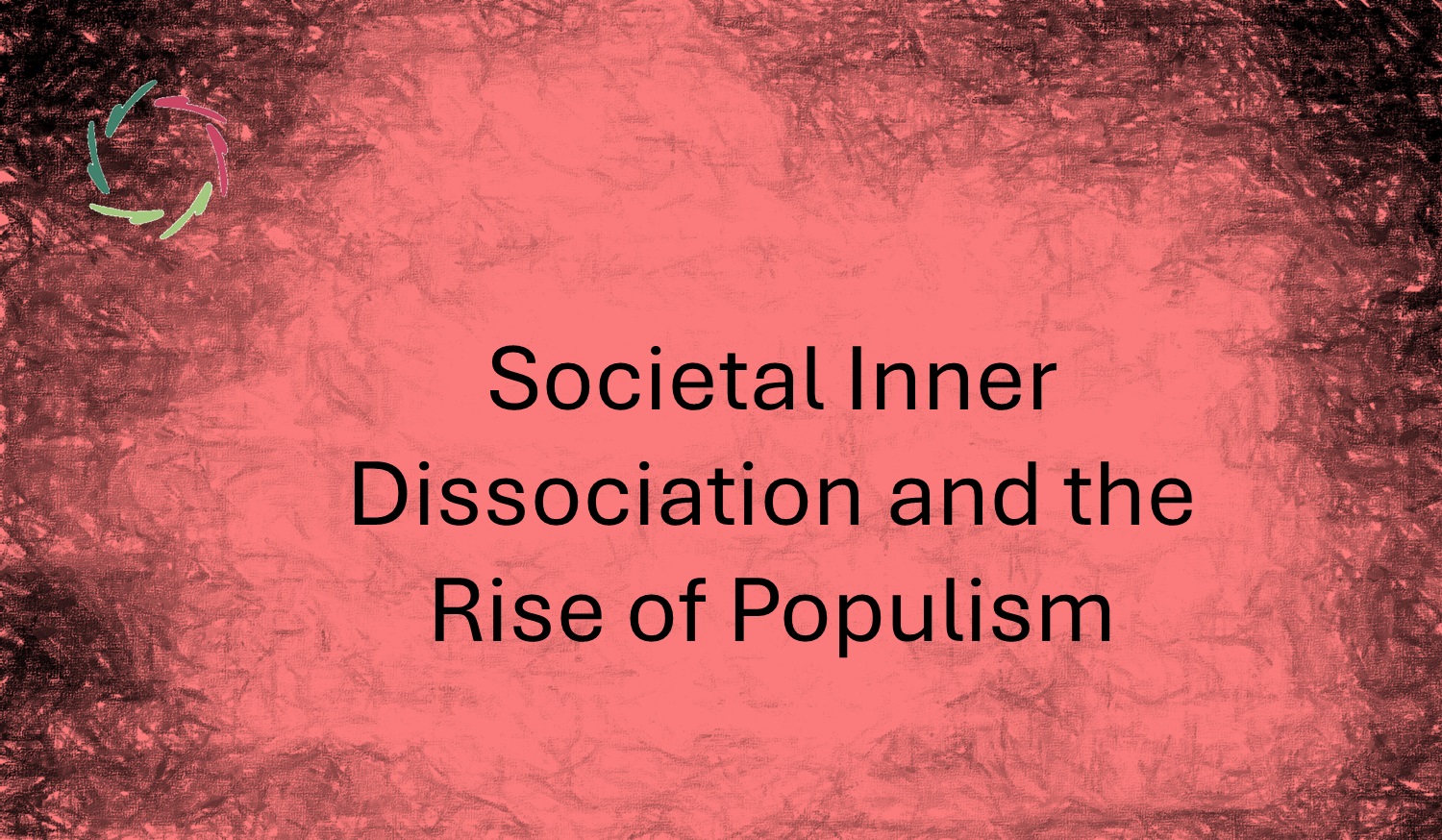Culture Shock

A plea for cultural meaningfulness.
As different as cultures may be, one needs to respect the differences. This doesn’t mean that one needs to respect any infliction of human suffering. If some culture leads to human suffering as part of the culture itself, that needs a good reason.
Meaningfulness
Nature prefers meaningfulness above suffering. This can become part of culture.
For instance, no top sport is possible without much training, most frequently including some element of hardship and pain ― or quite a lot of it. One can say the athlete chooses for this himself, but this is, at the very least, not always entirely true. And that’s OK.
My culture shock
(Very) many years ago, I went to Brazil, working for a few months in a shantytown of Bahia. I had some culture shock when arriving there. I had a huge shock when coming back to Belgium. In fact, I never got over that. Meanwhile, I guess culture changed in Bahia, which makes me long for a non-existing Shangri-La.
That’s a bit silly, in some way.
When in Bahia – I remember the beach – I envisioned the whole world as a better place to be attained through one-on-one coaching of many people towards a combination of rationality and the human openness that I witnessed every day, every moment.
That sounds like the aim of AURELIS.
Tolerance
What we can ask from any culture is tolerance towards other cultures. That is a condition to speak of a ‘good culture.’ Paradoxically, at first sight, one without tolerance should not be tolerated.
This does not mean that anything else should be tolerated. Here again, we come to meaningfulness and suffering. Inflicting suffering without meaning to the inflicted is always a bad thing. If any culture dictates so, that culture should change either by ending the hardship or clarifying the meaningfulness.
Cultural meaningfulness
This is not to be just some concoction of a frustrated or power-hungry caste. On the contrary, it must be very well embedded and a subject of continual communication between all involved ― also at the deeper level.
It is mainly at this level that lies true democracy, more than at the level of who gets most power to distribute recourses and thereby gain even more power.
Cultural meaningfulness is one of the most precious commodities since it shapes many people from the inside out, from the cradle to the grave. It makes people do good things, and also sometimes bad things.
Good and bad
The primary culture shock, which is interesting for anyone to experience in person, is that many elements of good and bad are indeed culture-bound: different cultures ― different moralities.
Instead of being thrown in complete cultural relativity, this can and should make one even more sensitive to what is deeply human. Because in this, we are all the same. Through our differences, we can even learn to know ourselves better in-depth. This way, we can also see others better for what they truly are.
With or without a headscarf.
With or without a facemask.
The main thing is to care.


